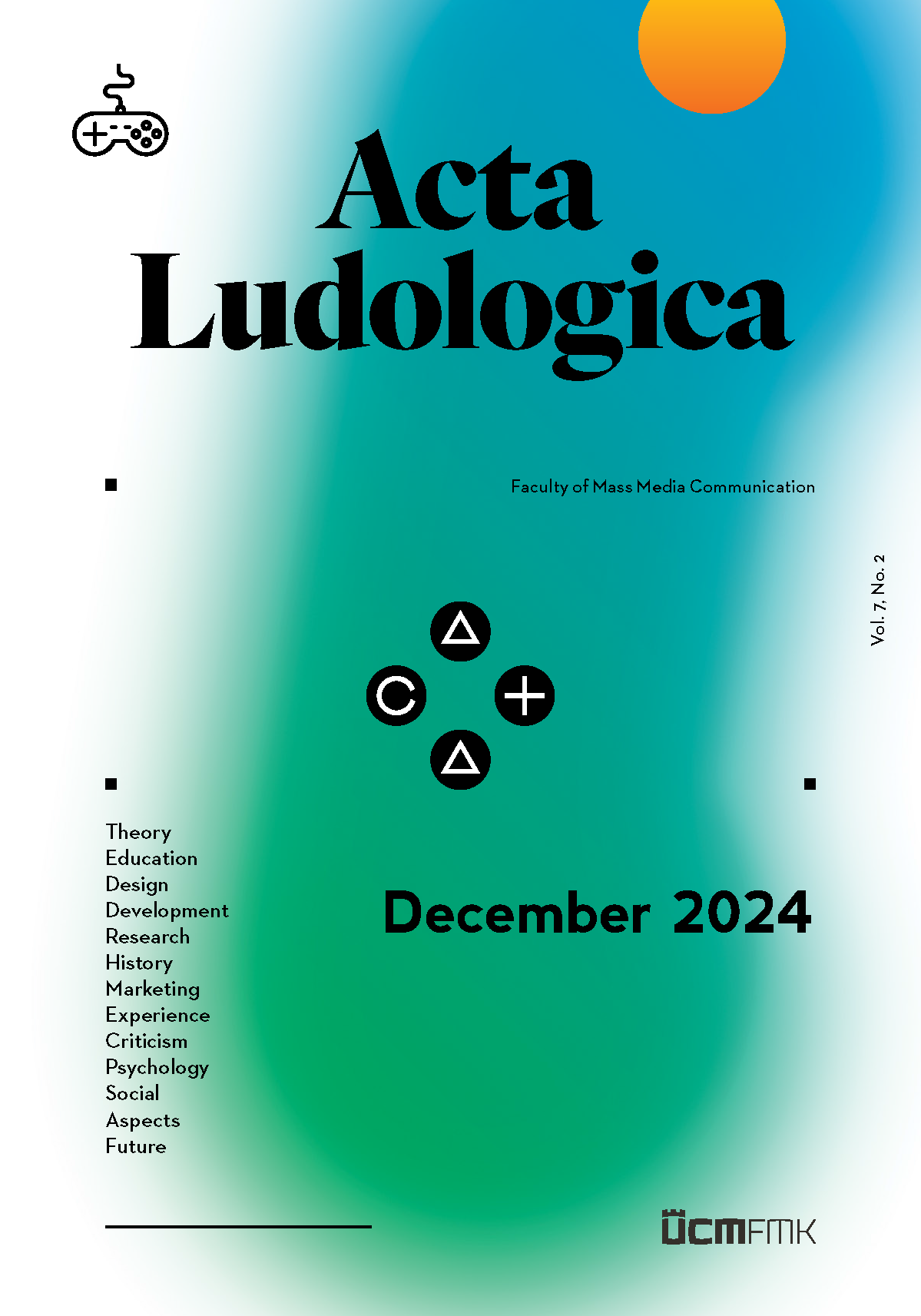Maximos S. Theodoropoulos
ABSTRACT:
Literature on the digital games industry and gaming history has for the most part focused on the global production centres of North America, Western Europe, Japan, and, lately, China. However, in recent years, a call to research the diverse and less dominant national contexts within which digital games are produced has been addressed. In this article, we shed light on early digital game development in Greece, covering the years between 1982 and 2002. This particular region has been highly neglected by both domestic and international researchers. We approach Greek digital game development from both historical and cultural perspectives, through an investigation of how local game developers interact with a wide range of contextual facets in a complex interrelation between global and national conditions. This article argues that, in order to highlight the characteristics of early national game production cultures and digital games design, one must examine them as well under the broader cultural production ecosystem, along with the economic and institutional contexts and transformations within which digital game production takes shape.
KEY WORDS:
cultural industries, digital games, digital games history, game design, Greece.
DOI:
10.34135/actaludologica.2024-7-1.86-106

